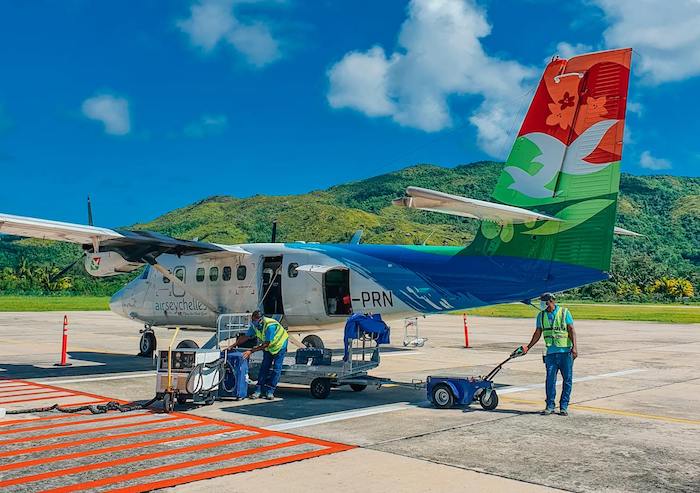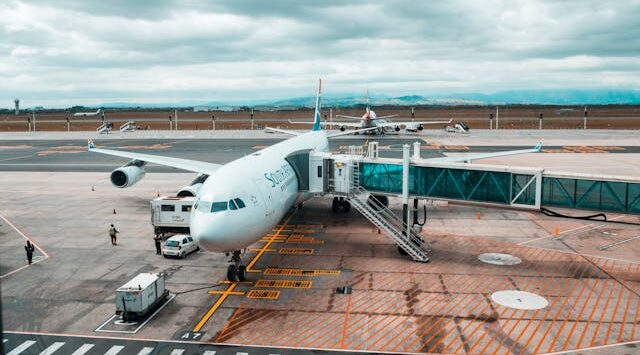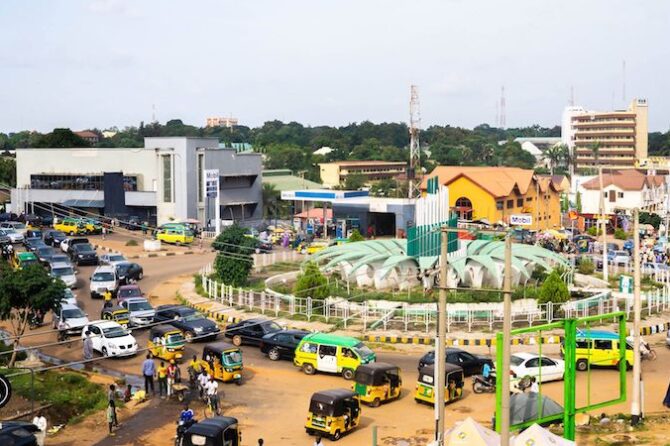African countries are simplifying visa processes and offering visa-free or visa-on-arrival options to more African travelers. Africa is witnessing a significant transformation in its travel and immigration policies. With more countries simplifying visa processes and offering visa-free or visa-on-arrival options, intercontinental travel is becoming increasingly accessible for African citizens. This shift, highlighted by the Africa Visa Openness Index (AVOI), marks a critical step towards regional integration, promoting economic collaboration, tourism, and a sense of shared identity across the continent.

The Africa Visa Openness Index (AVOI)
The AVOI measures visa openness across Africa. The latest report shows that 39 African countries have improved their immigration policies.
Visa Openness Across Africa
| Country | Visa-Free Access | Visa on Arrival | Visa Required |
|---|---|---|---|
| Sierra Leone | 15 countries | 0 | 0 |
| Angola | 19 countries | 0 | 0 |
| Benin | 53 countries | 0 | 0 |
| The Gambia | 53 countries | 0 | 0 |
| Rwanda | 53 countries | 0 | 0 |
| Seychelles | 53 countries | 0 | 0 |
Progress in Visa Openness
Overall, 48 of 54 countries currently offer visa-free entry privileges to citizens of at least one other African country.
Regional Breakdown
| Region | Number of Countries |
|---|---|
| West Africa | 8 |
| East Africa | 8 |
| North Africa | 1 |
| Southern Africa | 3 |
Visa openness is more than just a policy shift—it represents a cornerstone for Africa’s future growth and integration. By streamlining visa processes and fostering greater mobility within the continent, African countries stand to unlock immense economic, social, and cultural benefits. Enhanced visa access facilitates intra-African trade and tourism, which can significantly contribute to GDP growth and employment opportunities. When business professionals, entrepreneurs, and investors can travel freely, they are better positioned to collaborate, create partnerships, and stimulate local economies.

Culturally, visa openness nurtures a deeper sense of Pan-African identity and solidarity. By allowing citizens to explore diverse regions and engage in cultural exchanges, African nations can foster mutual understanding and unity, breaking down historical barriers. Educational opportunities also expand, enabling students and researchers to access knowledge and resources across borders more easily.
Moreover, improved mobility aligns with broader continental goals such as those set by the African Union’s Agenda 2063, which envisions a well-connected, prosperous Africa. Implementing open visa policies encourages not only economic integration but also regional cooperation and stability. To fully realise these benefits, African countries must continue investing in infrastructure, technology, and diplomatic collaboration, ensuring that visa openness translates into tangible advantages for all citizens. As the Africa Visa Openness Index suggests, this evolving landscape holds the potential to reshape the continent’s future, driving it towards greater unity, development, and global competitiveness.


















This is a welcome development. Pan Africanism will have no meaning without free movement of people, goods and services.